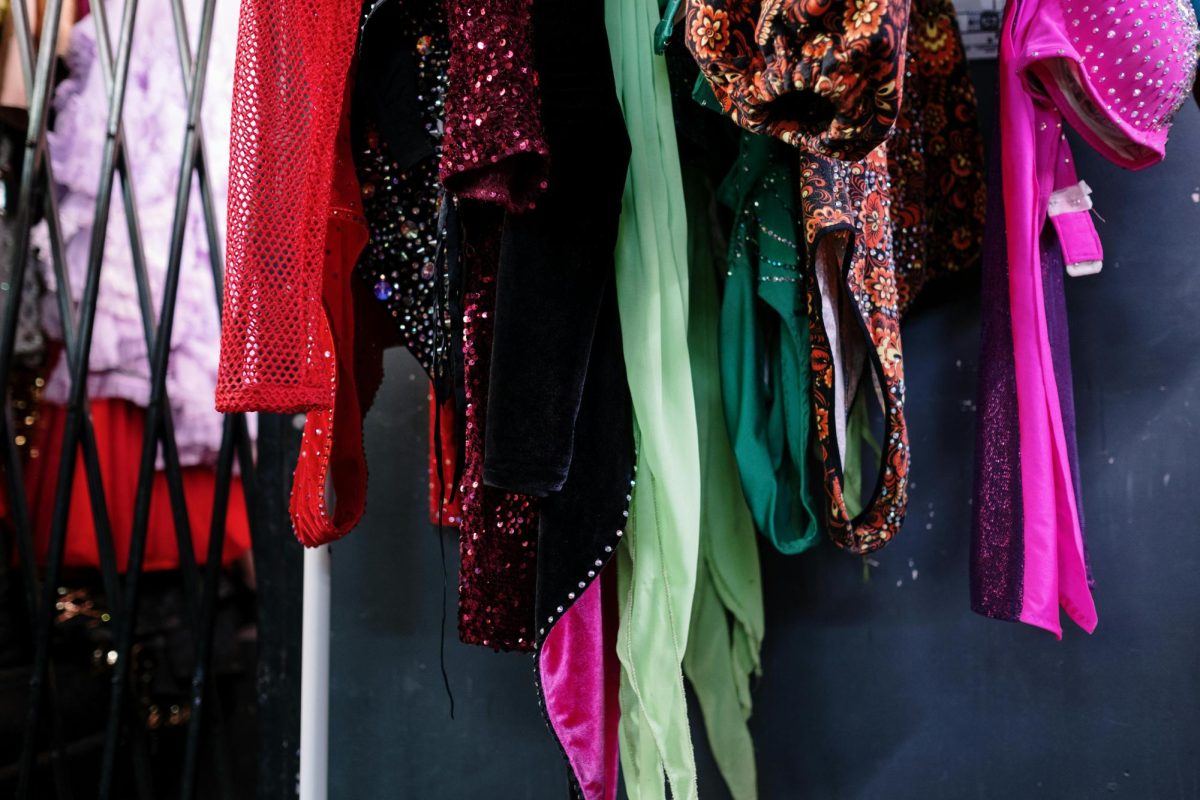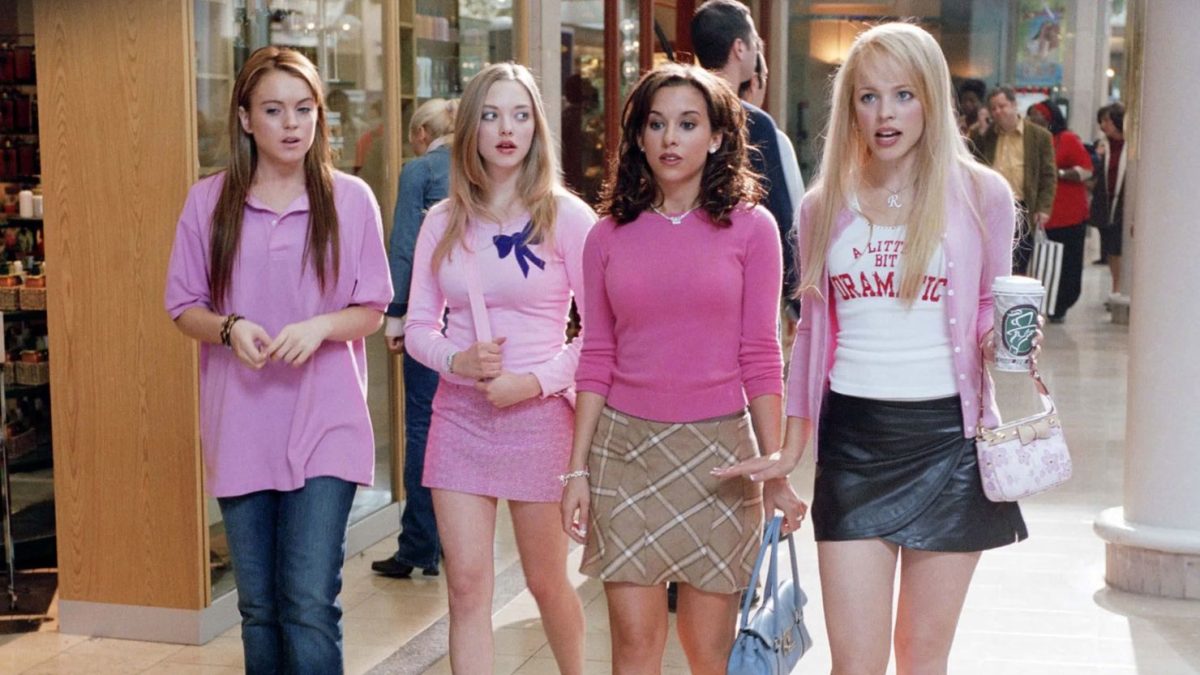“Green light!” Netflix’s “Squid Game” being renewed for its second season instantly caused a ripple of sensation around the world, amassing a remarkable 152 million views since its premiere on Dec. 26, 2024. While the second season instantly became a major hit, voices have come forward to debate on how transgender representation was handled with the introduction of its new character, Hyun-Ju.
In “Squid Game,” contestants play Korean cultural children’s games in a life-or-death situation in hope to earn a grand prize of 45.6 billion Korean won — around 31 million USD. The show features a transgender contestant named Cho Hyun-ju, who participates in these deadly games in hopes of paying for her gender-affirming surgery. When “Squid Game” first introduced Hyun-ju as a character, fans were ecstatic, but were later left with mixed emotions when they learned that cisgender male actor Park Sung-hoon would be playing the role in the upcoming season.
However, director Hwang Dong-hyuk responded to the backlash by revealing it was “near impossible” to find a transgender actor willing to play this role in an interview with NBC news.
“When we researched in Korea, there are close to no actors that are openly trans, let alone openly gay,” Hwang said. “Unfortunately, in the Korean society currently, the LGBTQ community is rather marginalized and more neglected, which is heartbreaking.”
This neglect was one of the key factors that compelled Hwang to add the character Hyun-ju, a pre-transition transgender woman who could display and raise awareness within Korean society, where the LGBTQ+ community is not widely accepted. Hwang was confident that Park, who has played multiple queer roles throughout his career, fit the role.
Fans have also argued that since Hyun-ju is a transgender who is pre-gender-affirming, Park is visually suitable for the role. Park, who was originally apprehensive about accurately portraying the role, has received a surge of acclaim for incorporating details of a strong and independent personality into his acting to truly sell the character, as well as expressing during interviews that he wanted the character to aid in getting rid of gender norm biases.
“I have watched his work ever since his debut, and I had complete trust in him that he would be the right person in terms of talent in portraying this character,” Hwang said. “By creating a character much like Hyun-ju and through her choices, her actions and the way she carries herself in the game, I hope that that could raise awareness of these issues that we face today.”
Taking media around the world into consideration, a similar question has already been mulled over by a multitude of viewers — is just being an actor enough to play the role of a queer person?
“Squid Game” further brought attention to LGBTQ+ casting and the issue of casting cisgender actors to play LGBTQ+ characters. While films are attempting to incorporate more LGBTQ+representation, actors playing LGBTQ+ roles aren’t necessarily chosen based on their sexuality or gender identity. Fans are claiming that straight actors have been taking opportunities from actors who are a part of the LGBTQ+ community, missing the entire point of LGBTQ+ representation.
It is not just “Squid Game” that has had cisgender actors playing LGBTQ+ characters. In “Rub and Tug,” Scarlett Johansson, a cisgender woman, was cast as a trans man, resulting in Johansson receiving severe criticism and eventually withdrawing from the role.
Another key example is with Disney’s first openly gay character in the film “Jungle Cruise” was played by Jack Whitehall, an actor who does not identify as queer. To put it into perspective, Karla Sofía Gascón just became the first openly trans actor nominated for an Academy Award, while multiple cisgender actors such as Eddie Redmayne, Jared Leto and Hilary Swank have been nominated or won Oscars for playing trans characters.
Although casting directors and cisgender actors who have chosen to partake in LGBTQ+ roles have received serious criticism and backlash from the media, it raises the question of whether it should be considered problematic that a queer person can be played by a performer who is not queer themselves, considering that they are already displaying LGBTQ+ representation. Shari Zeck, a GLT Culture reviewer, explains that the answer is not so simple.
“Actors act. That’s what they do,” Zeck said. “So in the interest of seeing more trans people, more gay and lesbian people […] becoming more prominent in the industry and in culture in general, not casting gay or trans people is bad. But, the way I would argue it is, it’s not so much that gay people because of their particular experience of being gay ought to play gay characters, so much as gay people just need to get cast more so that they can be out and a force within the industry itself.”
Zeck also emphasized the need for actors to play outside their comfort zone, echoing the idea that good actors want to play something that is unfamiliar, and often want to use their craft and the opportunities given to their craft to explore imaginatively.
The film industry has come a long way with its inclusivity of diverse characters, even if the casting is at times controversial. Taking the example of “Squid Game,” character diversity has played a key role in spreading awareness and inclusion in society.











